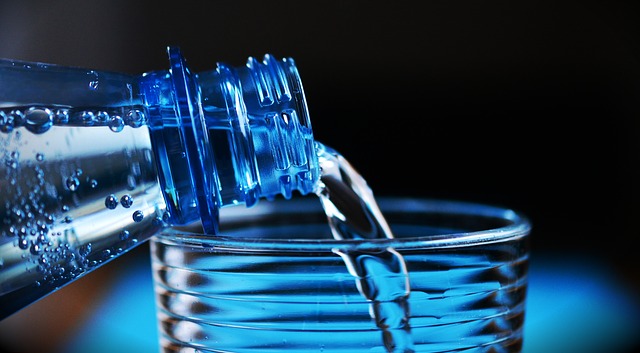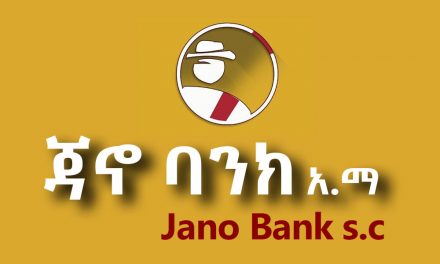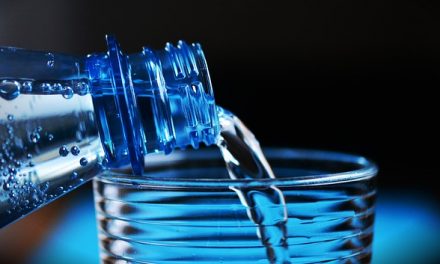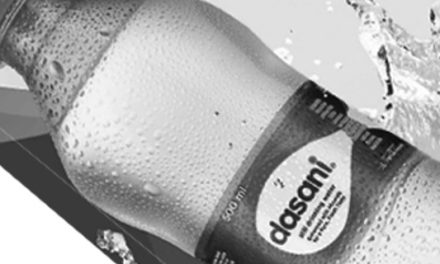Nared General Trading, a pharmaceuticals import and wholesale company, invested 140 million Br to set up a water bottling company in Ch’aCh’a wereda of Debre Birhan, Amhara Regional State. The plant, constructed at a cost of 60 million Br, is located 111Km north of Addis Abeba, sits on a 20,000Sqm plot leased from the Debre Birhan city administration.
Expected to be fully operational in two months, the plant has been under construction for the past two years and will have the capacity to produce 10,000 bottles of water an hour.
Wub Water will be joining 70 other water bottling companies operating in the country that produce 3.5 billion litres of water a year.
Haitian Group, a 50-year-old Chinese company engaged in the manufacturing of plastic, die casting and water bottling machinery, has supplied three sets of machinery to Nared. The two machines will produce PET preform, which will be heated and shaped into plastic bottles. The third line will fill, cap and package 17,000 water bottles an hour.
Nared, a company that was founded by Shiferaw Habte, has been engaged in pharmaceuticals and medical equipment imports from India and China for the past 13 years. Nared is also known for the wholesale of mobile airtime in Deber Berhan in partnership with Ethio Telecom.
The company invested 950,000 dollars to import all the plant machinery.
“The excess bottles produced will be sold in the market,” said Banteyrga Kebede, project coordinator of Wub Water. The plant is expected to provide employment to between 162 to 200 workers.
The company will supply the market with half, one and two litre bottles of water, sourced from a deep water well that reaches 161m in depth.
Before hitting the market, the product needs to obtain a conformity assessment certificate from the Ethiopian Conformity Assessment Enterprise. It also needs to get a certificate from the Food, Medicine, Health Care Administration & Control Authority.
“We will take the product to the Enterprise for laboratory tests before we commence production,” Banteyrga told Fortune.
However, the company had previously tested the product at the laboratory of the Ethiopian Public Health Institute before making the investment, according to Banteyrga.
The company was challenged in securing the foreign currency it needed to import the material and machinery in the middle of the a national hard currency crunch, according to Banteyrga.
“We provide the company with a support letter to get a duty free privilege while importing the machinery,” Yohannes Shiferaw, head of North Shoa Zone Investment Expansion, told Fortune.
The company is also planning to recycle used plastic bottles and manufacture soft drinks in the long run, according to Banteyrga.
Compared with neighbouring Kenya, the local 70 companies cater to just five percent of total consumption, while Kenya, a country with a population of 51 million, supports 600 water bottling companies.
Though the water bottling business is expanding, the new companies joining the industry are not reducing the price, according to Amare Wesene, who was once general manager of Aqua Safe Water and currently works as a supplier of chemicals for various companies, including some bottlers.
“Costs incurred by the import of raw materials and operation costs are the main causes expressed by the companies for a lack of price reductions,” said Amare.
On average, a half-litre of bottled water is sold for six Birr in Ethiopia, the same price Kenyan companies charge for a full litre.
AddisFortune





